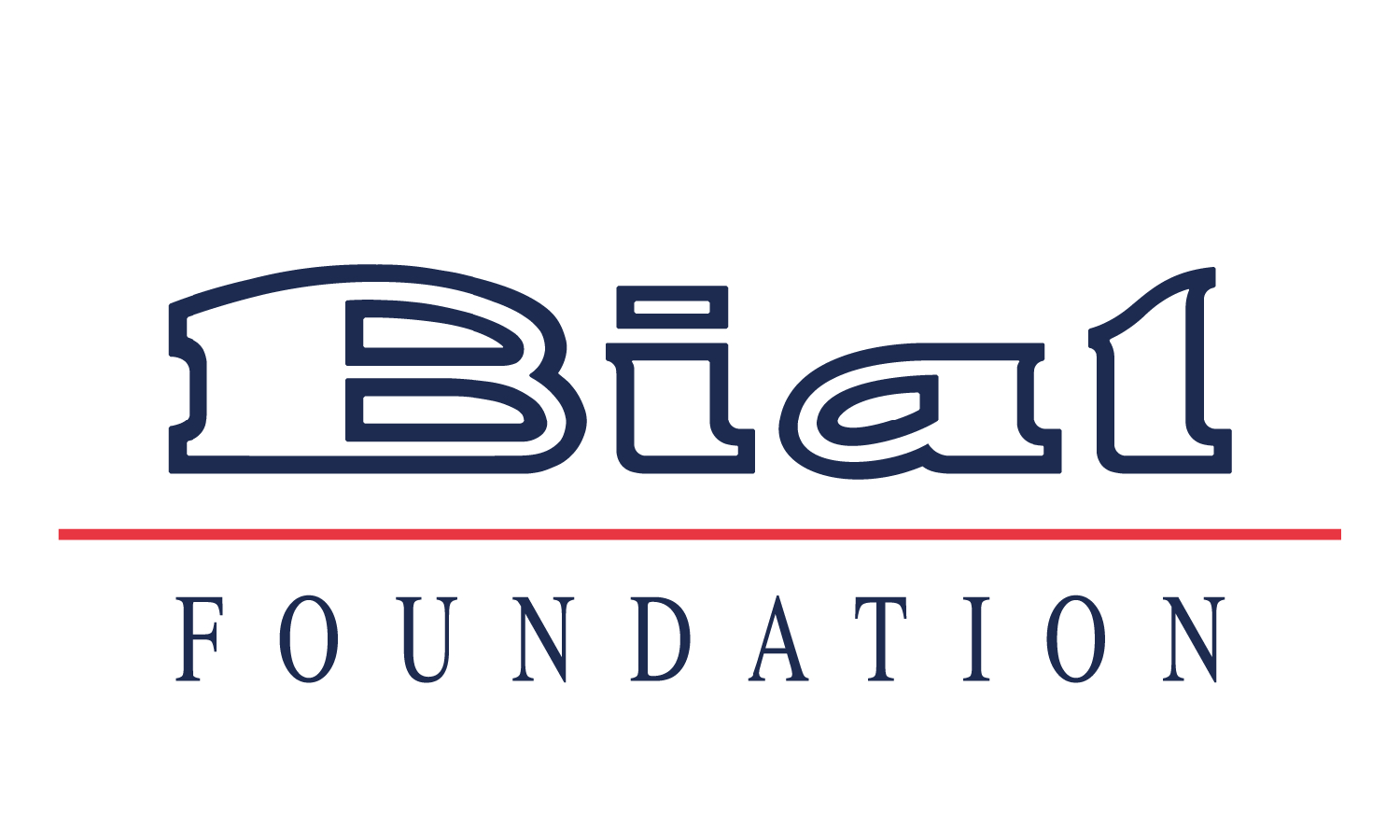According to Brenda O’Connell, principal investigator in the research project 287/18 - More thankful, less stressed? Gratitude and physiological reactions to stress, supported by the BIAL Foundation, state gratitude has a unique stress-buffering effect on both reactions to and recovery from acute psychological stress. These findings are reported in the paper Gratitude, affect balance, and stress buffering: A multilevel examination of cardiovascular responses to a laboratory stress task published in the International Journal of Psychophysiology.
Abstract
“Previous research has indicated that gratitude and affect-balance play key stress-buffering roles. However, to date there is limited research on the impact of gratitude and affect balance on cardiovascular recovery from acute psychological stress, and whether affect balance moderates the relationship between gratitude and cardiovascular reactions to acute psychological stress. In this study, 68 adults completed measures of state gratitude, positive and negative affect, and completed a laboratory-based cardiovascular stress-testing protocol. This incorporated a 20-minute acclimatization period, a 10-minute baseline, a 6-minute arithmetic stress task, and an 8-minute recovery period. Mixed-effects growth curve models were fit and the results indicated that state gratitude predicted lower systolic blood pressure responses throughout the stress-testing period. Affect balance was found to moderate the association between state gratitude and diastolic blood pressure responses to stress, amplifying the effects of state gratitude. These findings suggest that state gratitude has a unique stress-buffering effect on both reactions to and recovery from acute psychological stress.”





































































